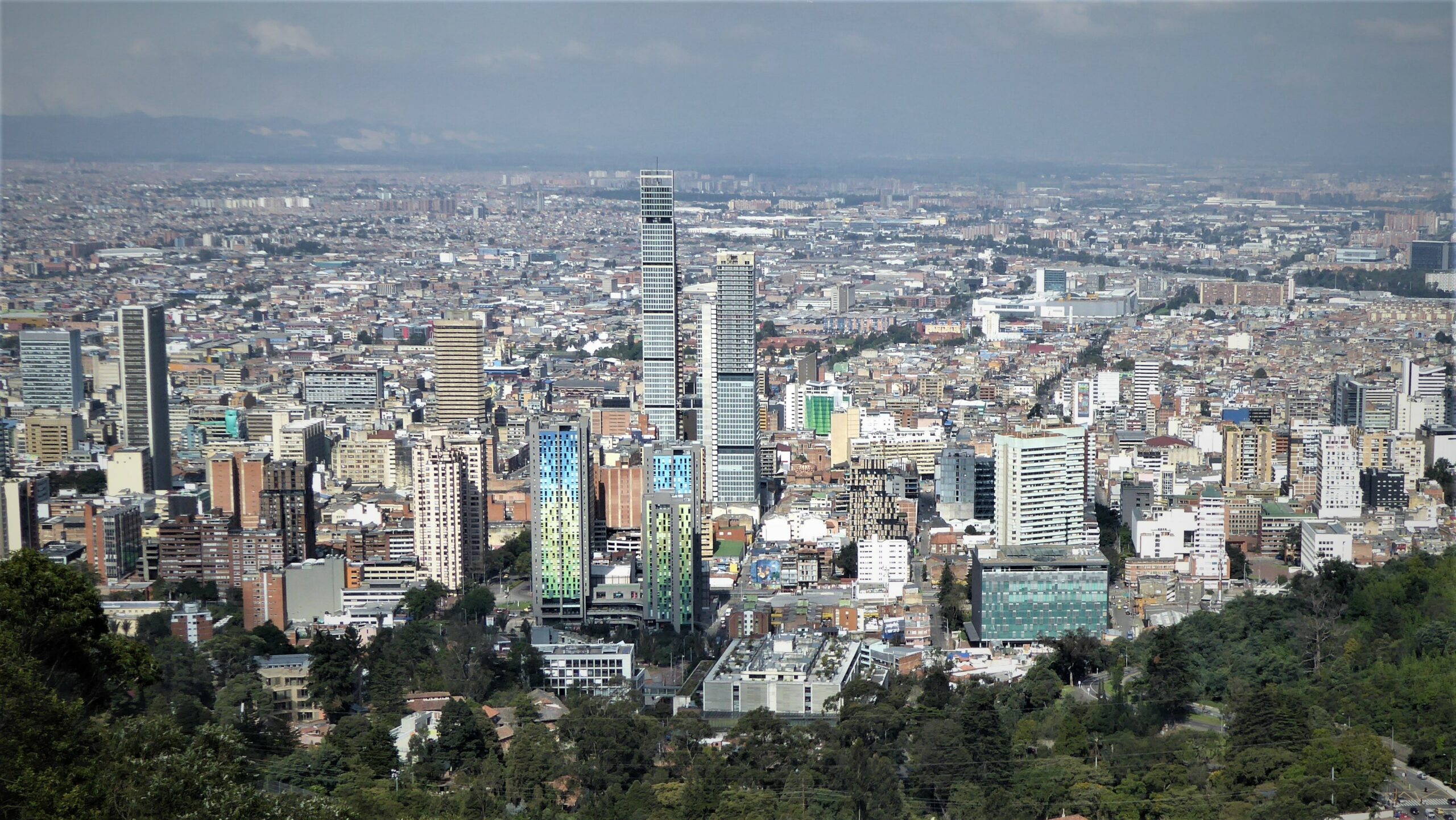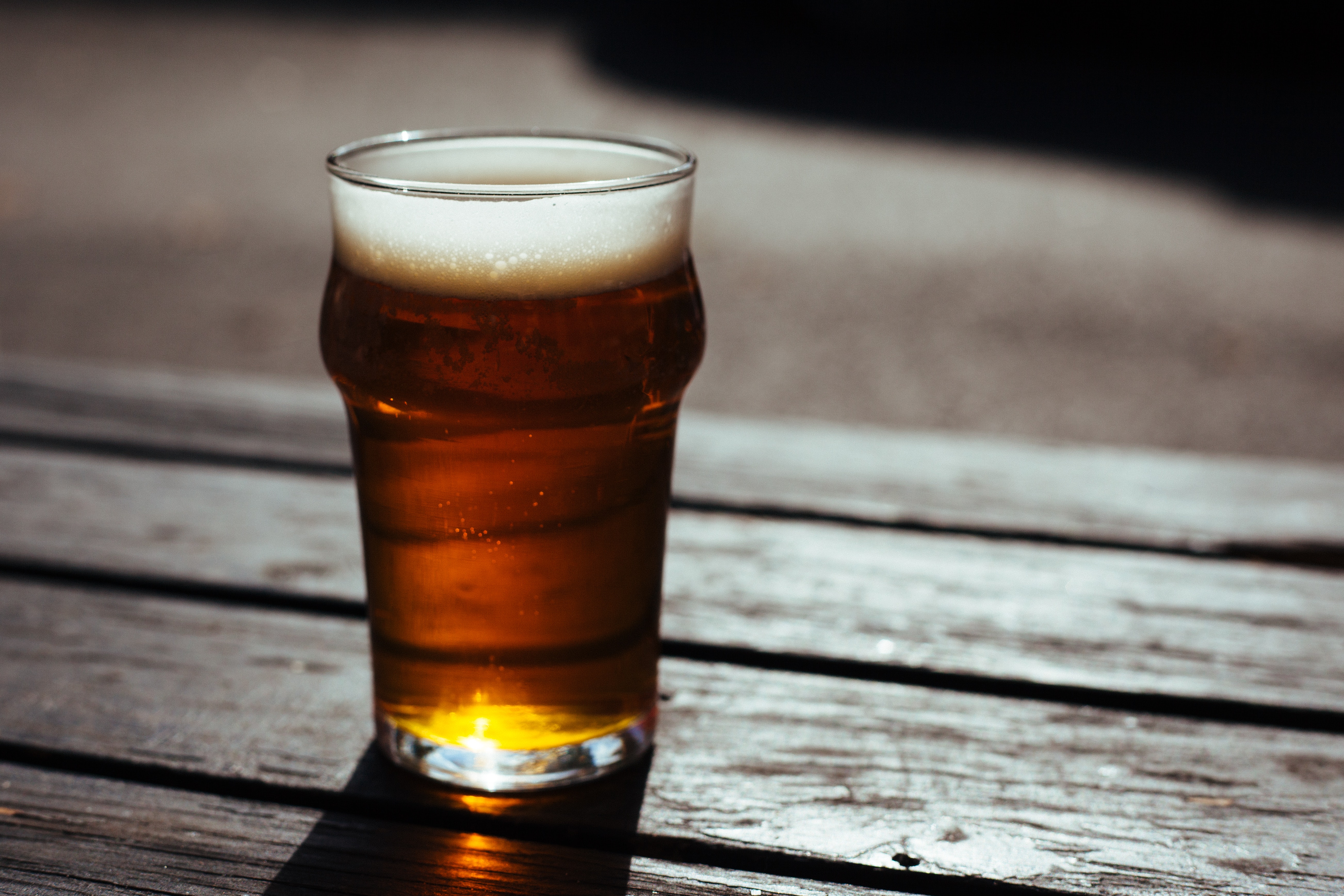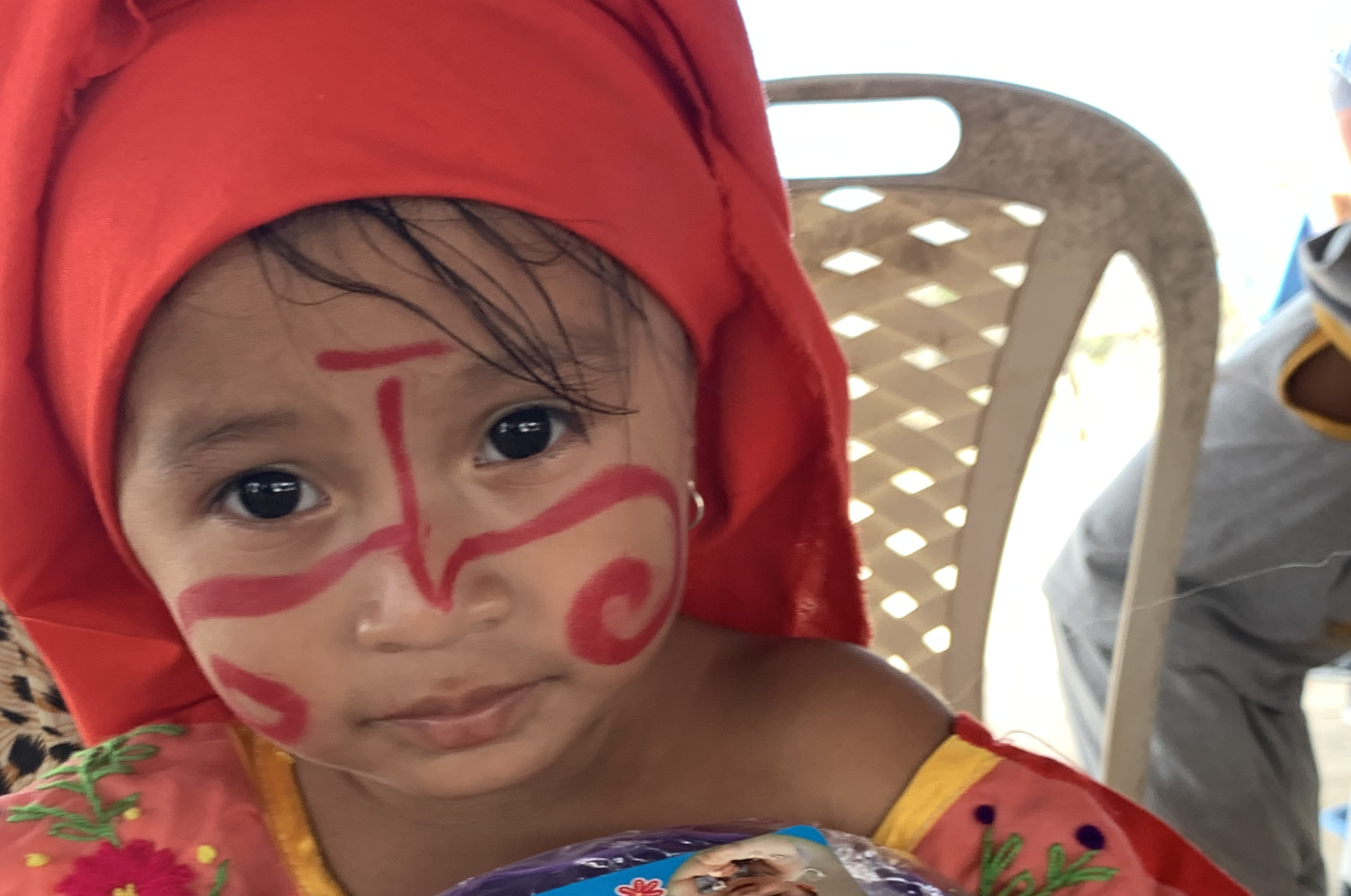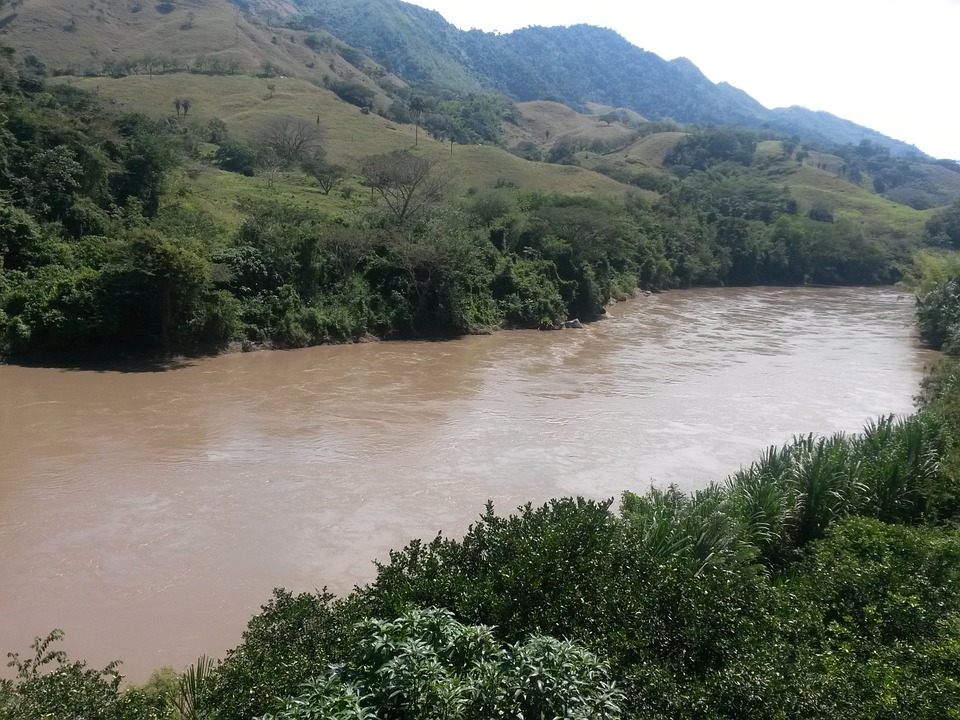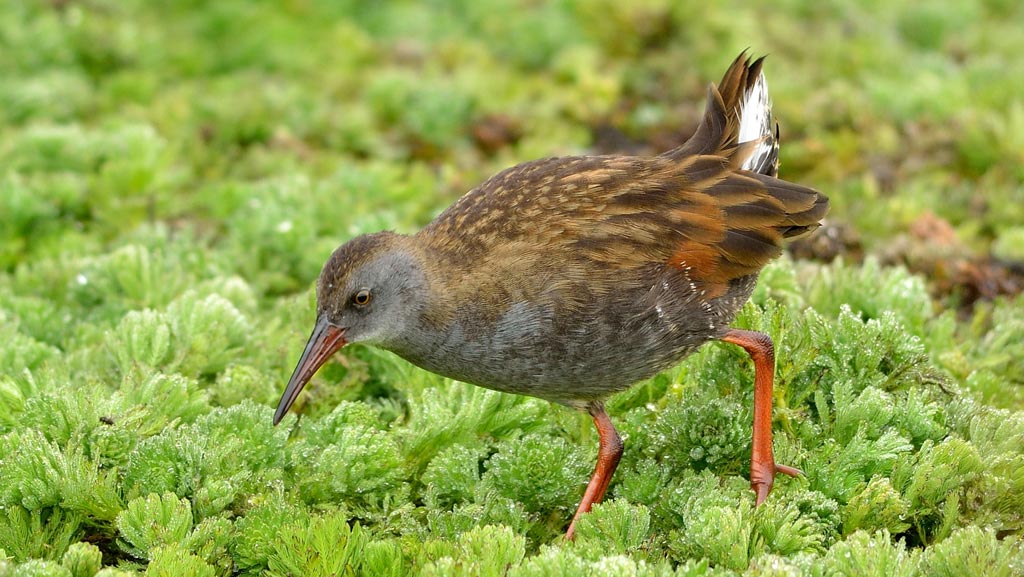US president calls his Colombian counterpart an “illegal drug dealer” in incendiary Truth Social post, even as as report emerges of the US navy killing a Santa Marta fisherman.
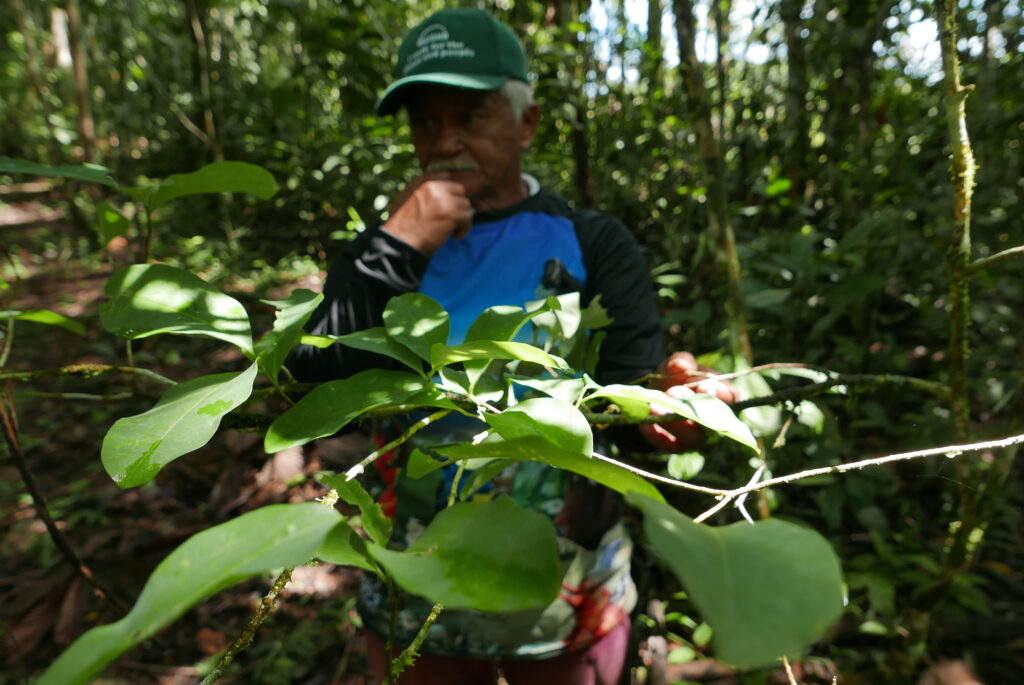
US financial aid to Colombia has been cut off, according to a strongly worded post by President Trump who accused President Gustavo Petro of “encouraging the massive production of drugs, in big and small fields” despite the South American country receiving subsidies.
Writing on Truth Social, the White House incumbent announced that “as of today, these payments, or any other form of payment, or subsidies, will no longer be made to Colombia”.
Petro for his part took to Twitter to defend his track record on drugs reduction, claiming reduced coca cultivation during his administration, and that his controversial Total Peace process – which many see as a failed initiative leading to an increase of criminal gangs across the country – may still bear fruit.
“Trying to push for peace does not make one a drug trafficker,” he said.
Trump’s serious accusations, and threat of aid suspension – so far unconfirmed by the US State Department – follow an awkward week for US-Colombian relations, with a violent protest march against the US Embassy in Bogotá on Friday, as reported in The Bogotá Post, and revelations that some of the boats and crews attacked by US navy ships in the Caribbean in recent weeks have been of Colombian origin.
Symbolic gesture
The spat follows a history tension between the two leaders, often played out on social media, since Trump took office. In September Washington ‘decertified’ Colombia in its efforts to curb the illegal drug trade, but it was seen as a largely symbolic gesture – one aimed personally at Petro – without sanctions, and Trump’s administration was careful to praise Colombian law enforcement working on the front lines of the drugs war.
Then last month the US cancelled Petro’s US visa after he used a megaphone to address a pro-Palestinian rally in New York, soon after the UN General Assembly.
The current war of words follows the US’s attacks on suspected drug boats, as well as stationing a large naval force with air support off the Venezuelan coast, ostensibly to block drug trafficking but widely seen as a tilt at regime change in Caracas.
Trump’s attack on Petro came after he accused the US of homicide in killing a Colombian in an airstrike, as the US seems to be widening its net across the Caribbean.

Fisherman bombed
This weekend a Colombian state television journalist in the coastal city of Santa Marta reported that one of the early strikes, on September 15, killed fisherman Alejandro Carranza.
Audenis Manjarrés, cousin of said Carranza, said the Colombian citizen had been missing since leaving on a boat from the seaport on September 14. Video released of the stricken craft showed a large seagoing launch with two large motors, but stationary in the water at the time of the lethal attack, with one motor pulled clear of the water. In a video released by the US government, the craft was obliterated killing three crew.
“It’s not fair that they bombed him in this way,” Manjares told Señal Colombia, describing her cousin as a “life-long fisherman”.
Following the report Petro doubled down accusing the US military of “killing a humble fisherman”.
“The US has offended Colombian national territory and murdered an honest, hardworking Colombian. Let the sword of Bolívar be lifted!,” he tweeted, invoking Latin American liberator Simón Bolívar.
ELN boat attacked
Petro response spoke to a wider issue: that while the US’s Department of War has repeatedly claimed it has strong intelligence to identify drug boats, it has so far failed to publicize evidence and or provide a legal framework for the attacks even as 30 victims have mounted from Venezuela, Trinidad and Tobago, Colombia and Ecuador.
Also this weekend another Colombian that survived an October 16 aerial attack was repatriated by the US to Colombia, this time from a semi-submersible drug boat especially designed to float below water level and avoid detection. One other Ecuadorian crew member survived and two of unknown nationality were killed.
Another attack on October 17th killed “three male narco-terrorists” according to US Secretary of War Pete Hegseth, “affiliated with Ejército de Liberación Nacional (ELN), a Designated Terrorist Organization, that was operating in the USSOUTHCOM area of responsibility”.
The ELN is a Colombian guerrilla group, involved in drug trafficking and also present in Venezuela. It was unclear from Hegseth’s comments where the boat was attacked, given that USSOUTHCOM – the US Southern Command – covers military operations in Central and South America and the Caribbean.
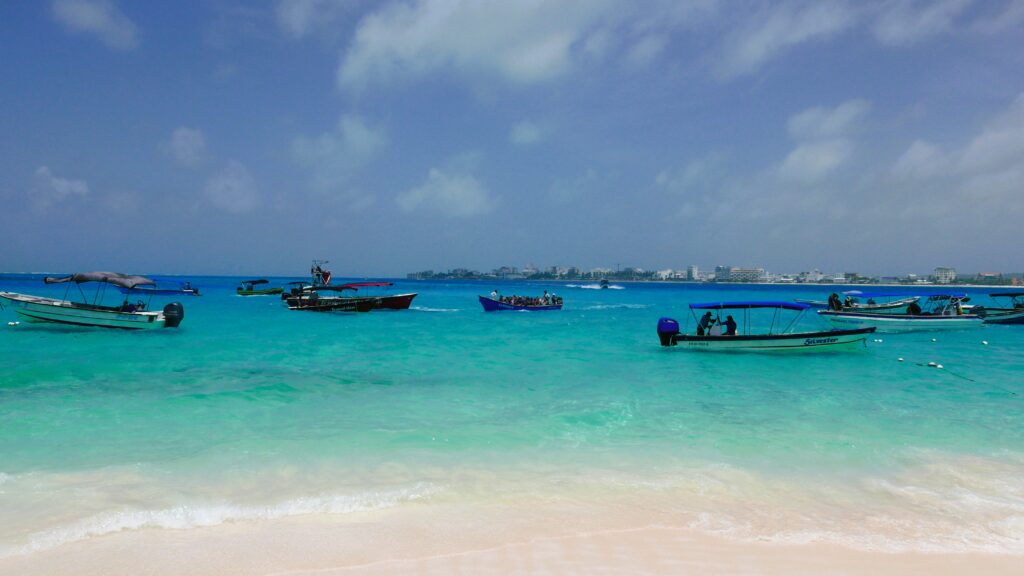
Drugs keep flowing
Several Colombian ports are exit points for drug shipments across the Caribbean, including Cartagena, Barranquilla and Sant Marta. Other smaller coves in more remote locations such as La Guajira peninsula provide cover for the go-fast boats powered by large outboard engines.
A Colombian intelligence report published by Semana magazine this week estimated that 70% of drugs intercepted by the US in recent months in the Caribbean originated in Colombia, particularly the Urabá region and the San Andrés archipelago, off the coast of Nicaragua but Colombian territory.
Contacts in San Andrés told The Bogotá Post last month that drug boats operating around the islands were long used to avoiding the Colombian coastguard, but now panicking over heightened US Navy presence and the shoot-to-kill policy: “The skippers are shit scared to take the narco boats out to sea,” said the contact.
Despite these short-term impacts, the intelligence experts consulted by Semana magazine insisted the “drugs would keep flowing” given the alternative corridors through the Pacific and down river routes through the Amazon.
“The increased risk—with the use of semi-submersibles, rerouted routes, and more sophisticated speedboats—impacts the final price, but does not weaken the criminal structure,” said the report.
Admiral’s invitation
Some observers see Trump’s latest verbal attack on Petro as a counterpunch to Colombian president’s vocal criticism of Washington’s overreach in the region, and widely repudiated missile attacks on boats in international waters.
Petro also upped the ante by inviting US Navy Admiral Alvin Holsey to Colombia: the SOUTHCOM commander abruptly resigned last week in a move seen as related to the military’s potentially illegal missile attacks on suspected drug boats, actions lacking congressional oversight. Holsey was a “hero for not being complicit in the murder of civilians”, said Petro, congratulating the admiral on stepping down.
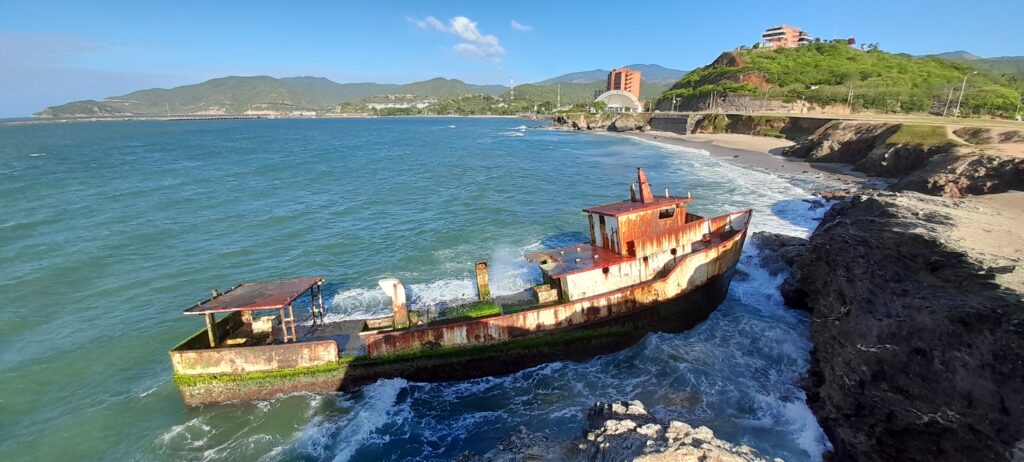
Clearly Petro has got under Trump’s skin while burnishing his own reputation as a rare leader prepared to stand up the US president. How and when Trump’s threatened aid cuts will take place is not clear. According to a government website, the US provided over $740m aid to Colombia in 2023, often in the form of military support for the war against drug cartels and for decades Colombia has also been one the US’s closest partners in the region.
A lot could hinge on details that might emerge in coming weeks over the exact nature of the boats attacked by the US navy: Colombians will support their president condemning the murder of fishermen on the high seas, but not shed too many tears over the sinking of go-fast boats carrying tons of drugs.
The ball is now in Trump’s court for SOUTHCOM to prove who they targeted, and why they needed lethal force; the US navy and coastguard have for decades boarded drug boats and arrested crews without the need to use missiles. Colombia will demand answers.



